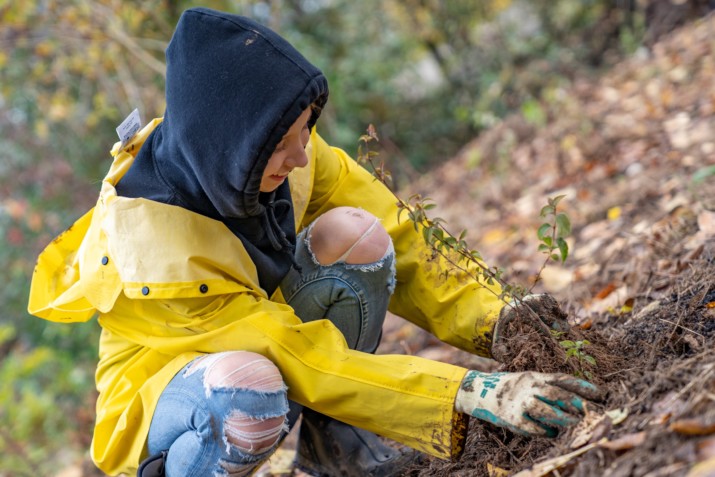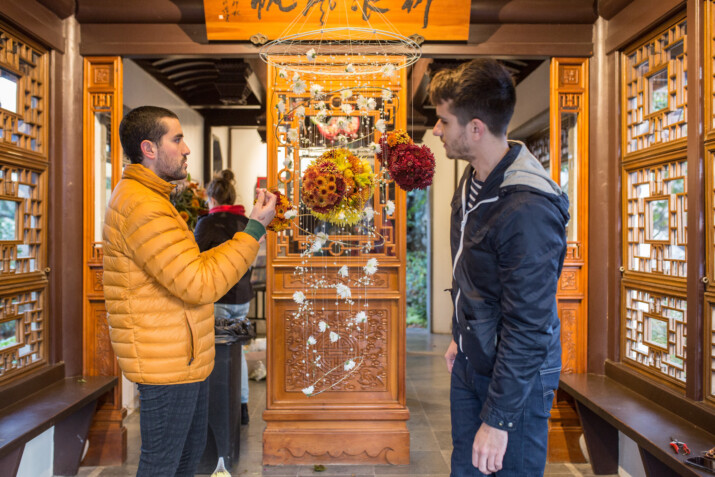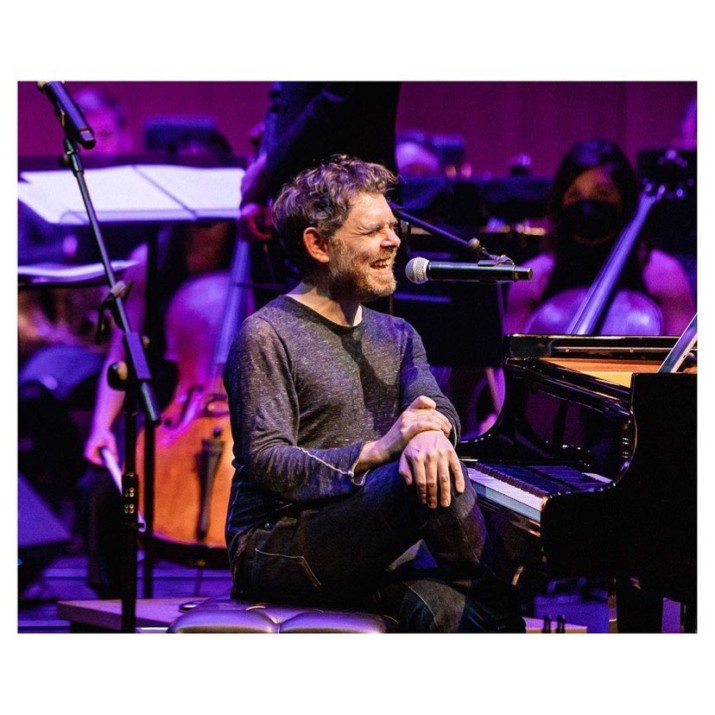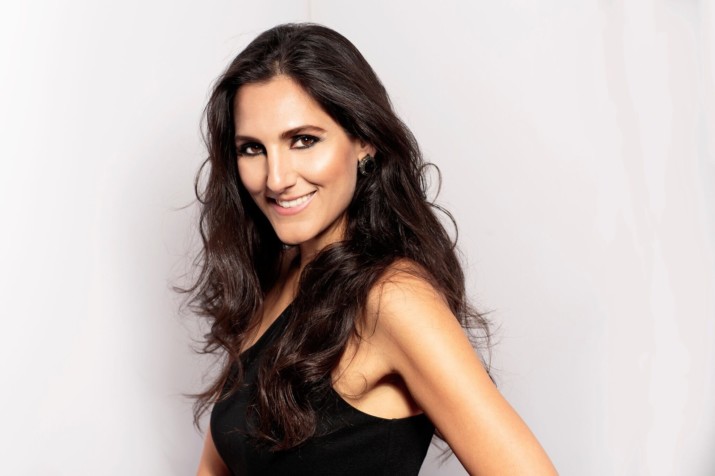Portland, OR. When shelter-in-place went into effect in March, Ecology in Classrooms and Outdoors’ (ECO’s) programs shut down immediately. Classes and service trips, like the planting pictured above, were canceled (photo credit, Wasim Muklashy Photography). ECO is a nonprofit focused on educating the younger generation about the environment through hands-on experiences. Coincidentally, ECO was already exploring online programming.
In order to reach more rural areas of Oregon, ECO began developing and implementing online learning materials prior to the COVID-19 pandemic. Known as Place-Based Units (PBUs), these programs are customized for different schools. Where ECO Educators would typically go to learning sites, this allows programs to reach areas that were not as easily accessible. Free resources can be found on the ECO website to continue environmental education from home.
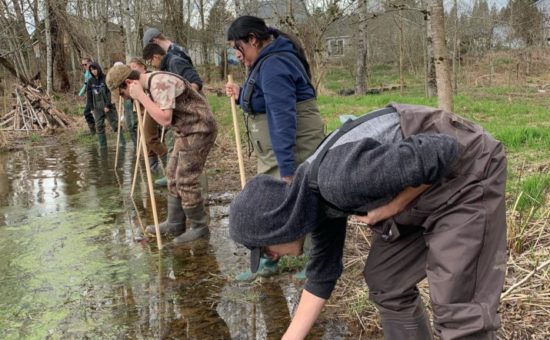
Before facing the effects of COVID-19, students search for frog and salamander eggs while monitoring the wetlands.
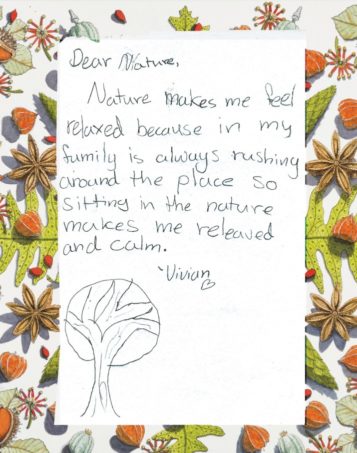
One child’s response to ECO’s “Dear Nature” reflection activity
Children who are under-privileged are of special focus to ECO. It has been found that people of color and those with lower income are more affected by environmental injustice. For example, according to the National Conference for Community and Justice, the Centers for Disease Control and Prevention found that 11.2% of African American children and 4% of Mexican American children suffer from lead poisoning, where only 2.3% of white children are affected.
ECO was founded in 2005 by two women, Sarah Woods and Bethany Shetterly Thomas. All ECO educators happen to also be female, providing role models for young girls interested in STEM.
In February 2020, ECO received the Impact Award in Environment & Sustainability from Ninety-Nine Girlfriends. The mission of Ninety-Nine Girlfriends is as follows: “We are an inclusive women’s collective giving organization that provides opportunities for learning and grant-making to engage local women in our community. We strive for impact by making significant grants and becoming more informed and engaged philanthropists.” The impact award came with a $100,000 grant.
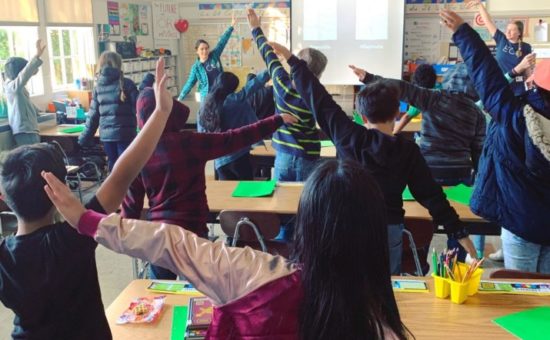
Students use movement to learn about leaf arrangement pre-pandemic.
A portion of this grant went to creating a new initiative known as Climate Action Education. According to Operations Manager Reade Weber, such a program was requested by students and teachers alike who wanted to know what they could do to fight the environmental issues they were learning about. Made of actionable steps the youth can take, the Climate Action Education program is made up of three lessons: Climate Science and Solutions, Green Jobs, and Consumption and Waste.
Directed toward all grades K-12, ECO hopes to relate to youth in a way they can understand, empowering students to create change.
From Ecology in Classrooms and Outdoors:
ECO inspires students to care for nature through innovative, hands-on science education. All our content is developed in-house by our team of outstanding educators, who draw from their STEM degrees and experiences as field scientists, park rangers, and environmental educators around the country. For over 15 years, ECO has implemented these lessons in classrooms and on trails, and empowered thousands of students to become the scientists and change-makers of the future. ECO prioritizes reaching low-income and minority students at under-resourced schools as these students are most impacted by environmental injustice. Together with Ninety-Nine Girlfriends, ECO is working to equitably integrate ecology education into science curriculum in Oregon.


